Research team:
Jeremy deWaard (BOLD, Canada).
Soil biodiversity has a fundamental role in many ecological processes, upon which terrestrial ecosystem function depends. However, our understanding of biodiversity has mainly relied on studies of aboveground organisms, while soil biodiversity has largely remained a ‘black box’ for biology, lacking any framework to conserve the up to 25% of the total biodiversity of our planet that resides in the soils. In response to this critical situation, international efforts have recently highlighted the urgent need to fill important knowledge gaps and catalyse discussion on the conservation and sustainable use of soil biodiversity.
Methodological and logistical limitations have hindered our understanding of soil biodiversity, and this problem is particularly acute for the important and diverse arthropod mesofauna fraction of soil biodiversity. However, recent implementations of high throughput sequencing technology provide a tool to bridge this knowledge gap. SOILinvaders exploits new developments by the research team to implement whole-community haplotype-level metabarcoding and address an important but largely unexplored topic: the magnitude, drivers and risks of non-native mesofauna introduction within soils. One of the major threats facing humanity is the impact of alien species on native biodiversity and its synergetic interaction with climate change. The combined impact of these two components of global change is particularly important for oceanic islands. Global trade continues to increase intentional and unintentional introductions of fauna and flora, and the cointroduction of potentially hundreds of mesofaunal specimens associated with every single potted seedling or sapling is of particular concern.
Despite growing evidence for the potential impact of this process globally, both the quantification and understanding of the mesofaunal species introductions in soils is still entirely unexplored. SOILinvaders uses the Canary Islands as a model system to:
SOILinvaders is a highly innovative and multidisciplinary project, implicating institutions from three different countries, with potential to establish a milestone in the analysis of soil biodiversity and advance theoretical and applied soil biodiversity science and biodiversity conservation.
©Todos los derechos reservados
Diseño de página web por